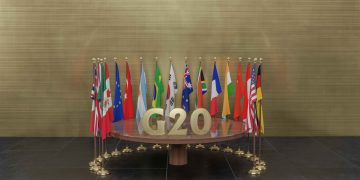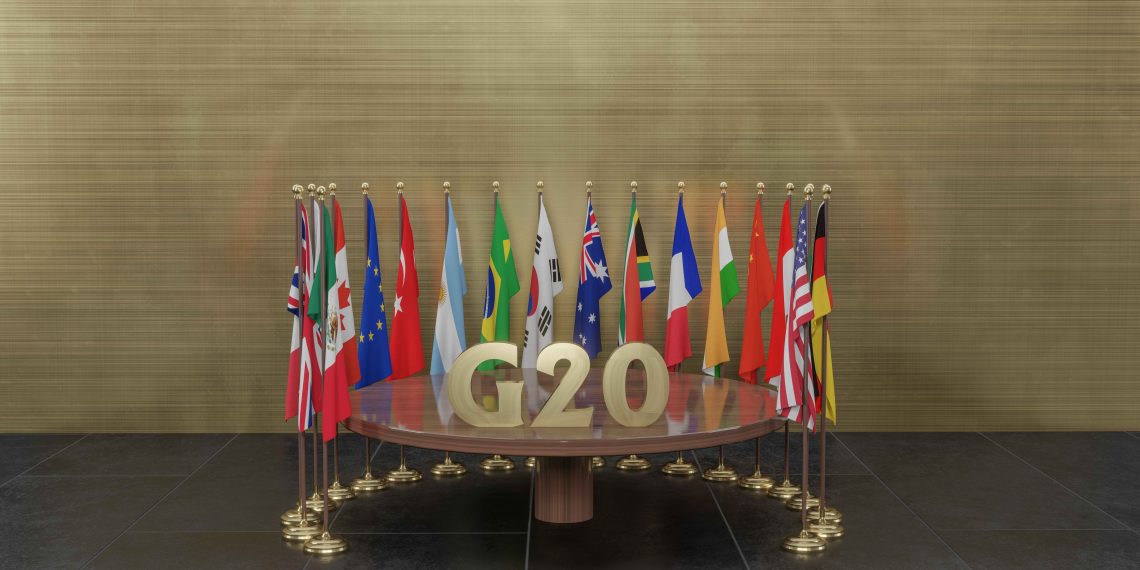The G20 Summit, held on November 18-19 in Rio de Janeiro, Brazil, brought together leaders from 19 member countries, alongside representatives from the African Union and the European Union. A major highlight of the summit was the collective commitment to accelerating reforms in the international financial system to address pressing global challenges.
Key Commitments from the G20Declaration
The G20 leaders underscored the urgent need for a revamped financial architecture capable of tackling challenges such as sustainable development, climate change, and poverty eradication. The summit’s final declaration outlined several key commitments:
- Accelerating Financial Reforms
Leaders agreed to fast-track reforms in the global financial system to better support sustainable development goals and climate initiatives. This step aims to make the system more inclusive and responsive to the needs of emerging markets and developing economies. - Strengthening Country Platforms
The declaration highlighted the importance of voluntary, country-led financial platforms. These platforms, designed to be flexible and adaptable to national circumstances, are seen as vital instruments to attract both public and private capital for projects in developing nations. - Boosting Sustainable Finance
The G20 leaders advocated for the creation of mechanisms that promote sustainable finance in emerging markets. These efforts aim to channel resources into projects that align with global environmental and social goals.
The Role of Country-Led Platforms
Country platforms were spotlighted as a pivotal solution for mobilizing resources efficiently. These platforms are tailored to local needs, ensuring that financing aligns with specific national priorities. By leveraging public and private capital, such initiatives can drive impactful projects in areas like renewable energy, infrastructure, and poverty alleviation.
Global Representation at the Summit
The Rio de Janeiro summit showcased a diverse representation of global economies. With participation from G20 member nations, the African Union, and the European Union, the event highlighted a collaborative effort to address global financial challenges in an equitable manner.
The G20’s commitment to reforming the international financial system marks a critical step toward a more inclusive and sustainable global economy. By prioritizing country-led platforms and sustainable finance, the G20 aims to empower developing nations to overcome financial barriers and drive meaningful progress.
This renewed focus sets the stage for innovative solutions that could redefine global economic cooperation and help tackle some of the world’s most pressing challenges.





















